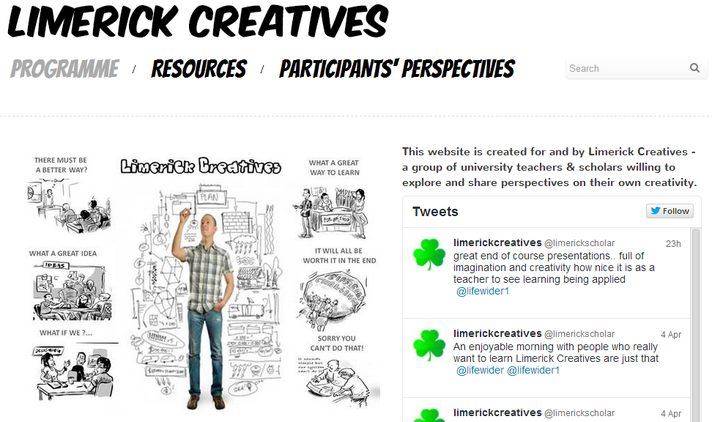
I am following up on an email my colleague sent you regarding your willingness to teach a module on our Specialist Diploma in Teaching, Learning and Scholarship. The course is a level 9 course consisting of ten modules each with three credits and it is designed to equip participants with high level competence in Teaching , Learning, Scholarship and Innovation in Higher Education settings (I have attached a copy of the Diploma handbook for your information). The module we would like you to teach covers Scholarly innovation and creativity. I have attached the module outline used previously and the type of assessment students have been given in the past, to give you an idea of what is involved. Of course given the module is about innovation and creativity in scholarship, you have freedom to teach this module in the manner you feel is better for you
The email went on to inform me that the module was to be run in six days seven April 3/4 if I was willing to do it so I had to decide on whether I could take it on. Effectively I had 6 days to prepare but I also had a lot of other commitments in that time. Two things grabbed my attention - the fact that I could teach it how I wanted to and the focus on personal everyday creativity.. So I said yes and spent every spare hour I could over the next six days 'preparing'.
The experience was a good one in all sorts of ways and I am writing a reflective essay to consolidate my thoughts and feelings. Here I focus on its value to me as a reminder of what it is like to teach. I had a group of 18 professional learners ranging in age from early 20's to 50 at various stages of their careers. All were leading busy lives and had to fit in the 10hours over two days during which the course ran. As a teacher I designed a process which included content - mainly my writings on the topics we covered, activities - the tasks I designed before, during and after the event and a few more spontaneous situations. But you cannot predict how learners will respond. It was my good fortune that they engaged in the way I had hoped and the whole experience for me became reaffirming. It made me feel like I used to feel as a teacher when the situations I had crafted produced the desired results in terms of learner interest, engagement, discussion and the application of the learning. I still have to mark the two assignments I set which will give me more feedback on whether the ideas and knowledge I worked with has been assimilated and applied and I want to gather the learners' feedback on the course - but the experience has shown me something that I miss so I am going to try to market the short course to other institutions.
Thank you Limerick Creatives!

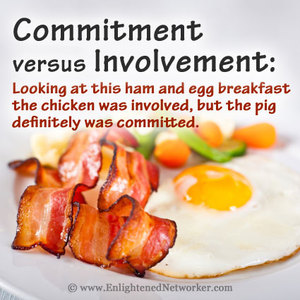



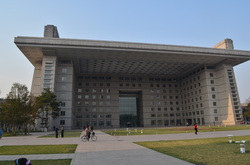
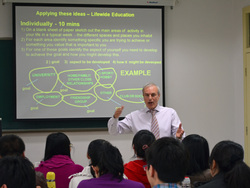
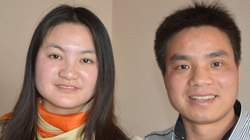
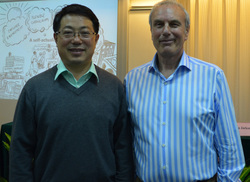
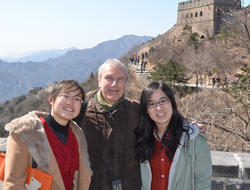
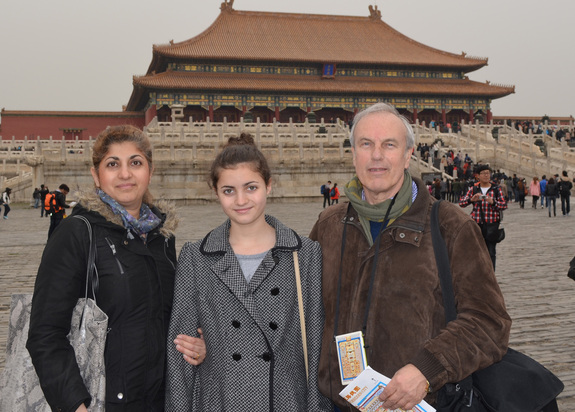
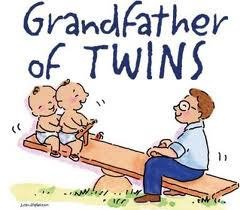


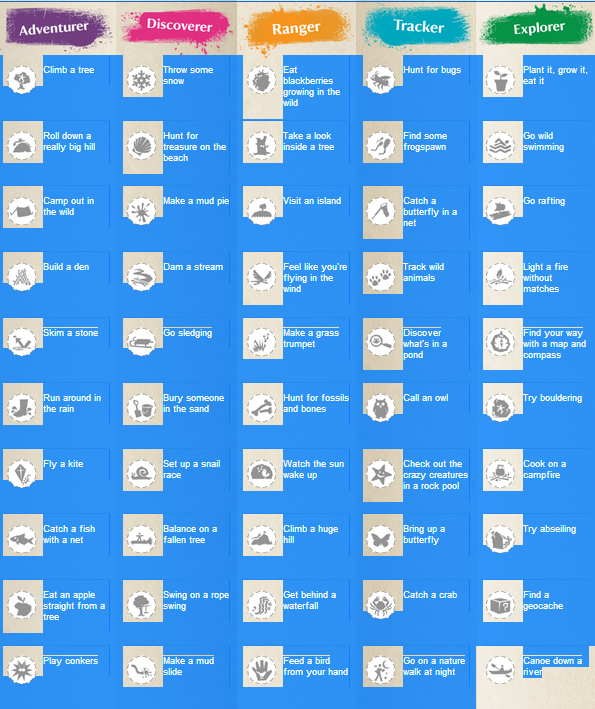
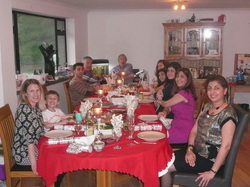
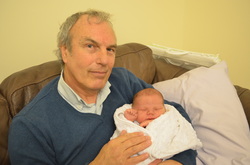
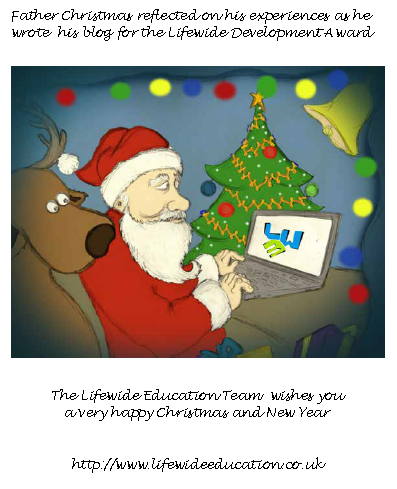




 RSS Feed
RSS Feed